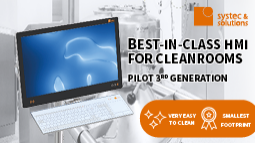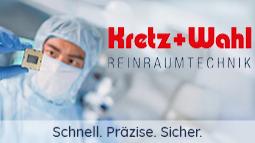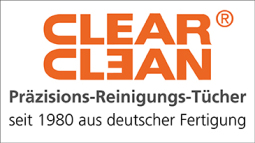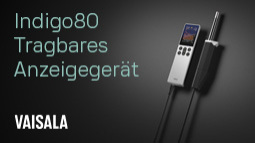- Products, devices, systems, plants for applications
Zero tolerance for medical devices
Healthcare: innovative testing system for auto-injectors
Not every injection has to be given in a doctor's practice. There are a number of medications that patients can administer themselves via auto-injectors and the demand for them is increasing worldwide, partly because lifestyle diseases such as diabetes are still on the rise. Understandably, these medical products are subject to particularly high safety and functional requirements. This is why a renowned customer from the pharmaceutical industry relies on a fully automated testing system from PIA Automation for the quality control of their injectors.
The use of auto-injectors, which are filled with medication for the treatment of conditions like diabetes or rheumatism, is very simple for patients: the cap is removed, the plastic cylinder is pressed against the skin and, when a defined pressure is applied, a fine needle emerges from the tip and injects the medication under the skin.
Test criteria are: faultless function and absolute safety
The PIA customer produces large quantities of these medicine containers every day. Employees take random samples by hand, manually checking for various safety and function-relevant parameters, which the PIA system checks fully automatically. The employees place the auto-injectors horizontally in trays. A fully loaded tray trolley contains eleven trays with up to 400 injectors. The fully automated testing process begins when the first of the trays is moved into the system. A handling gripper then removes an injector and takes it to an axis system with a gripper. This rotates the injector by 90 degrees into a vertical position and inserts it into the first station, where the protective cap is removed. The gripper picks up the ready-to-use injector again and transfers it to a handling system, which then inserts it into the test station. There, a servo press triggers the injection mechanism.
The test station measures the force required for triggering, the distance the pen is compressed until activation, the time from the start to the end of the injection as well as the amount of active ingredient dispensed, which the auto-injector deposits into a measuring cup. The station also monitors whether the needle is intact. A visual indicator signals that the auto-injector has been used and emptied. This mechanism is also monitored.
To prevent users from injuring themselves on the extended needle in real-life use, the injectors extend a needle protector after dispensing the medication. The system also checks the blocking force of this protective mechanism and tests whether the needle protector holds securely under high pressure.
Maximum precision for minimum tolerances
“The system's measurements are very extensive and have to be extremely precise. Medical products only allow minimal tolerances and require absolutely reliable processes,” says Ramona Neulinger, Project Manager at PIA. The values for release force, path, and pressure on the needle protector are measured by a servo press. The optical control of the needle, drop formation and spent indicator is carried out by two camera systems that record 500 images per test procedure. The precision scale for measuring the amount of active ingredient dispensed has a resolution in the milligram range The scales are structurally decoupled from the rest of the system in order to rule out measurement errors caused, for example, by vibrations.
After the inspection, the handling gripper places the injectors back in the tray. If a random sample shows any abnormalities, it is sorted out and kept in a special holder ready for a follow-up inspection by the company's employees. Because every auto-injector produced has an individual data matrix code, the path of a defective device can be clearly traced back through production.
Configurable for different auto-injectors
A particularly innovative feature of the new system is the capability to configure it for more than one type of auto-injector, so the customer is initially planning to test two types of auto-injectors in the system. The scope of delivery also includes the calibration equipment, which is used to test the system and the function of the test processes at specified intervals. Among other things, the equipment includes various weights to calibrate the precision scales exactly.
The new system will go into operation at the customer's premises in the coming months. With it, PIA is continuing a very good collaboration that began back in 2010 and, since then, PIA Automation has also developed and installed several assembly and automated testing systems for this customer. “The joint development of the system once again demonstrates the excellent cooperation with the customer and a functioning simultaneous engineering process,” says Ramona Neulinger, summing up the status quo of the current project. One of the customer's requirements was to develop the system for the laboratory using as little space as possible and to implement all testing processes in a very confined space. “We were able to meet all the requirements. We constantly monitored progress in weekly meetings and continuously developed the system design based on the results already achieved,” says Ramona Neulinger.
PIA Automation Holding GmbH
97616 Bad Neustadt a. d. Saale
Germany















